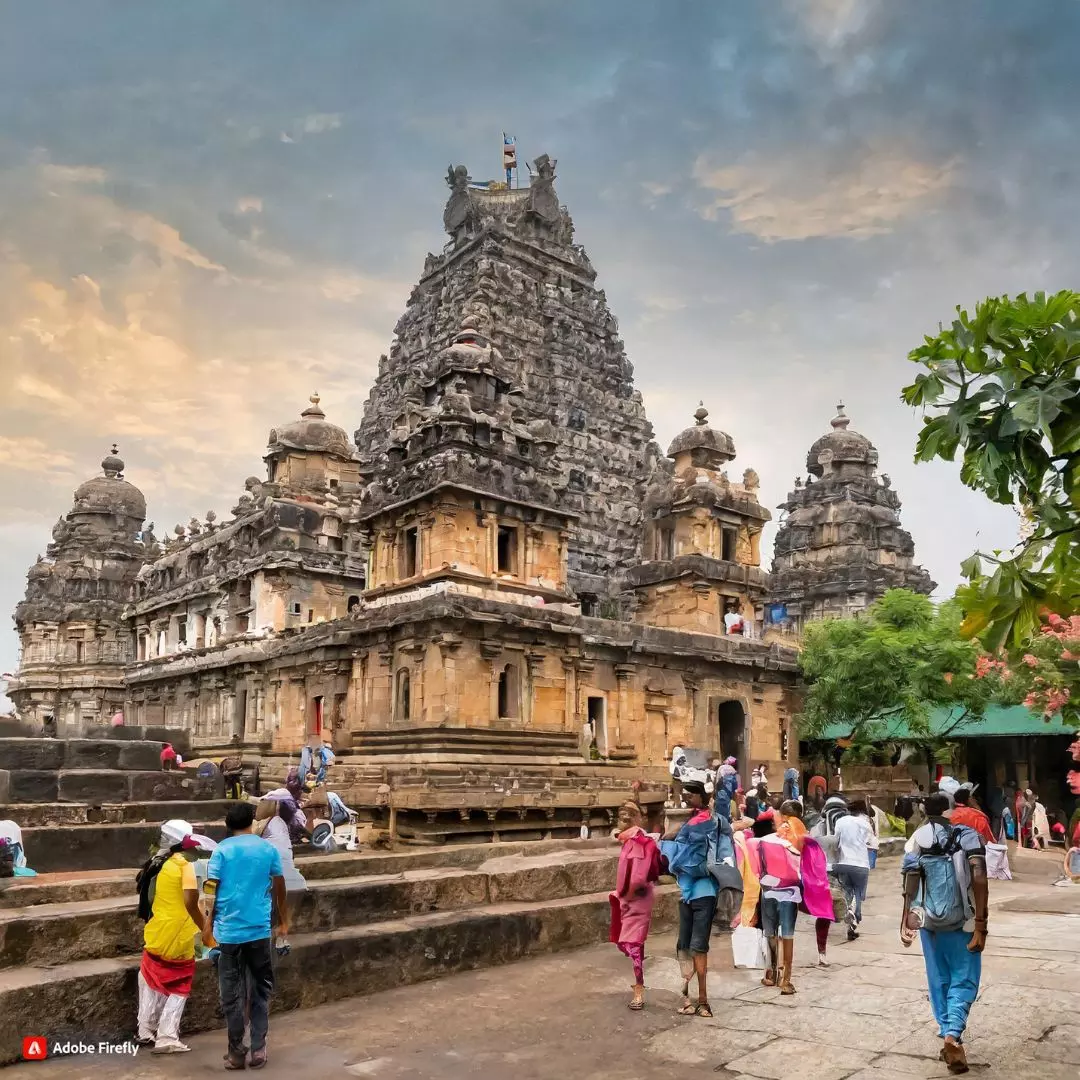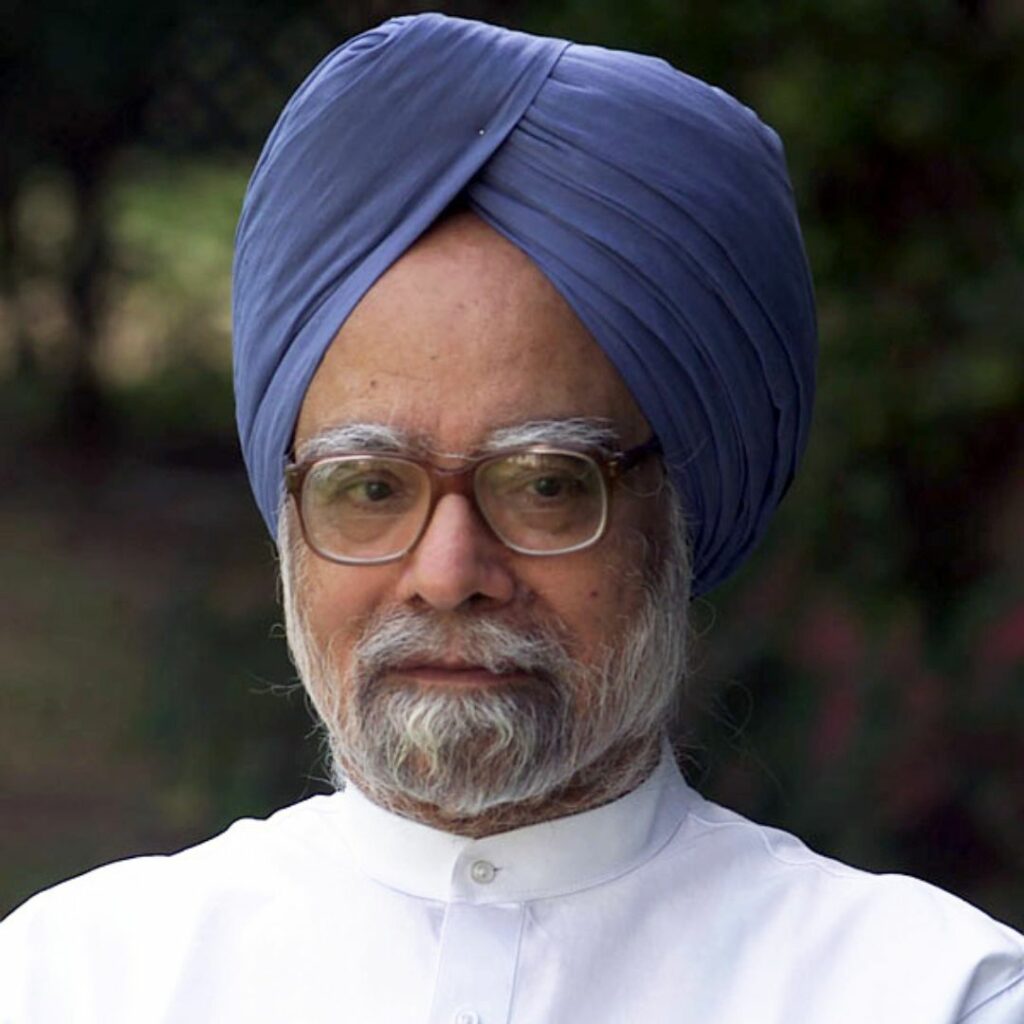Tamil Nadu, known as the “Land of Temples,” boasts an awe-inspiring collection of over 400,000 Hindu temples, reflecting the state’s rich cultural and architectural heritage. From towering Gopurams to ancient Vimanas, these temples, some dating back 800 years, narrate tales of dynasties and serve as custodians of Tamil Nadu’s profound cultural legacy.
According to the Tamil Nadu Hindu Endowments Board, the state hosts a staggering 390,615 temples, including iconic structures like the Rajarajeswaram, or Brihadeshwara Temple, dedicated to Lord Shiva. The intricate architecture, adorned with sculptures and inscriptions, underscores the profound cultural significance these temples hold.
These temples are not merely spiritual sanctuaries; they are living testimonials to Tamil Nadu’s history, with records dating back over 3,000 years. Many temples, like the Vaikunda Perumal Temple in Uthiramerur, played a pivotal role in shaping democratic practices, inspiring even political leaders like Rajiv Gandhi to enhance India’s local governance system.
Each temple tells a unique story, such as the Sri Ranganathaswamy Temple in Srirangam, with its grandeur earning the title of the largest functioning Hindu temple globally. The Meenakshi Temple in Madurai and the Kallalagar Temple with their vibrant Gopurams stand as symbols of devotion and architectural brilliance.
Pilgrimage & Tourism
Tamil Nadu’s temple landscape extends beyond the majestic structures to encompass 2,359 temple tanks. The government’s initiative to renovate 1,068 of these tanks showcases the commitment to preserving the holistic experience these temples offer.
The Temples of Tamil Nadu draw visitors from across the globe, making them a major tourist attraction in India. The annual 21-day festival at the Sri Ranganathaswamy Temple alone attracts a million devotees, while sites like the Ramanathaswamy Temple on Pamban Island and the sunrise ritual in Kanyakumari add cultural depth to the pilgrimage.
Tamil Nadu is also home to temples dedicated to Lord Pillaiyar and Lord Murugan, each with its unique history and significance. From the Karpaka Vinayakar Temple in Pillayarpatti to the sacred abodes known as the Arupadai Veedu, these temples contribute to the state’s spiritual mosaic.
The Temples of Tamil Nadu offer more than a spiritual sojourn; they are portals to the state’s soul, reflecting its ancient wisdom, cultural vibrancy, and architectural prowess. As these temples continue to stand the test of time, they beckon both devotees and enthusiasts to explore the sacred tapestry that is Tamil Nadu’s temple heritage.
Also Read: Raja Ravi Varma: A Timeless Artistic Legacy Blending Cultures











